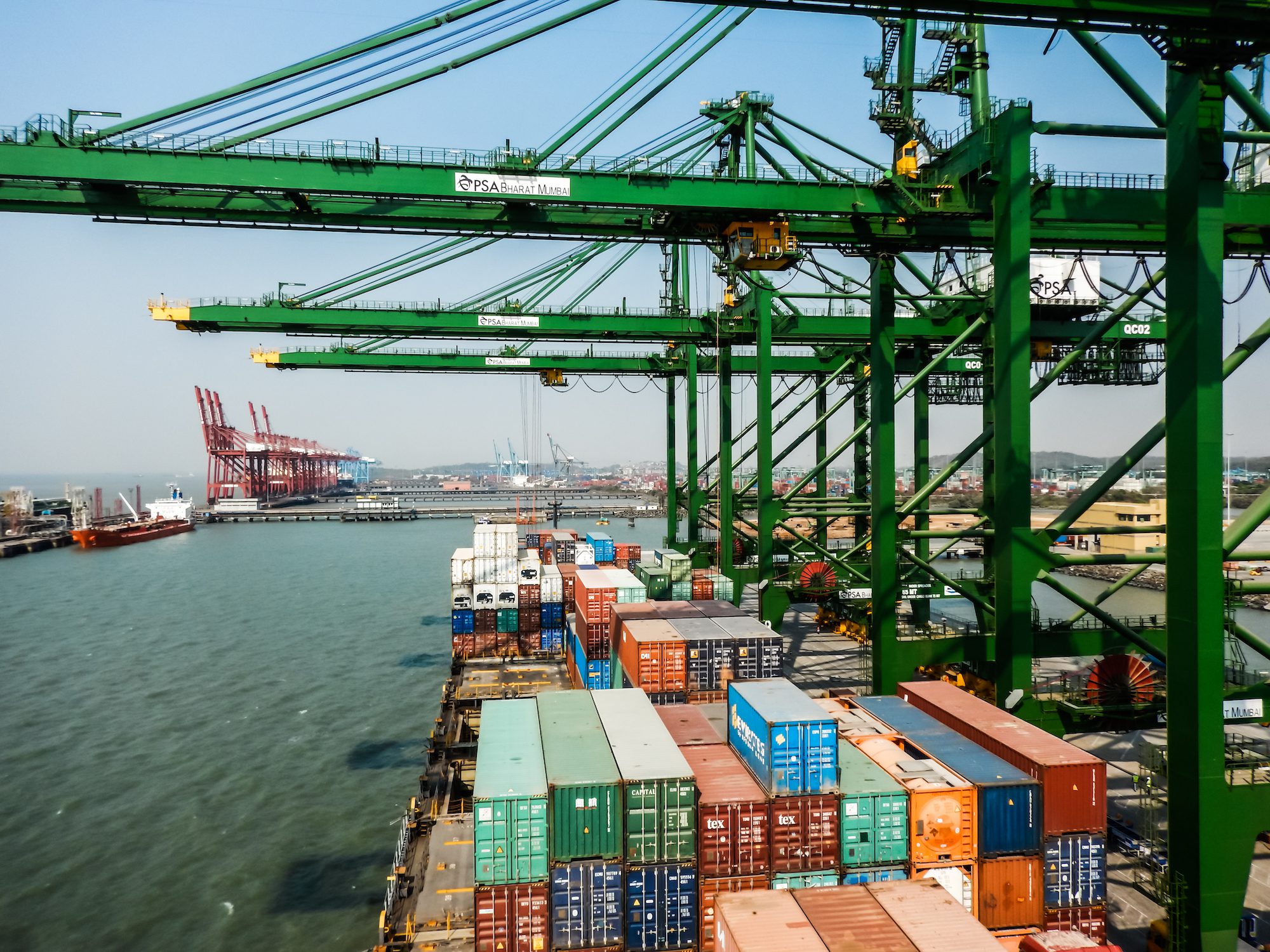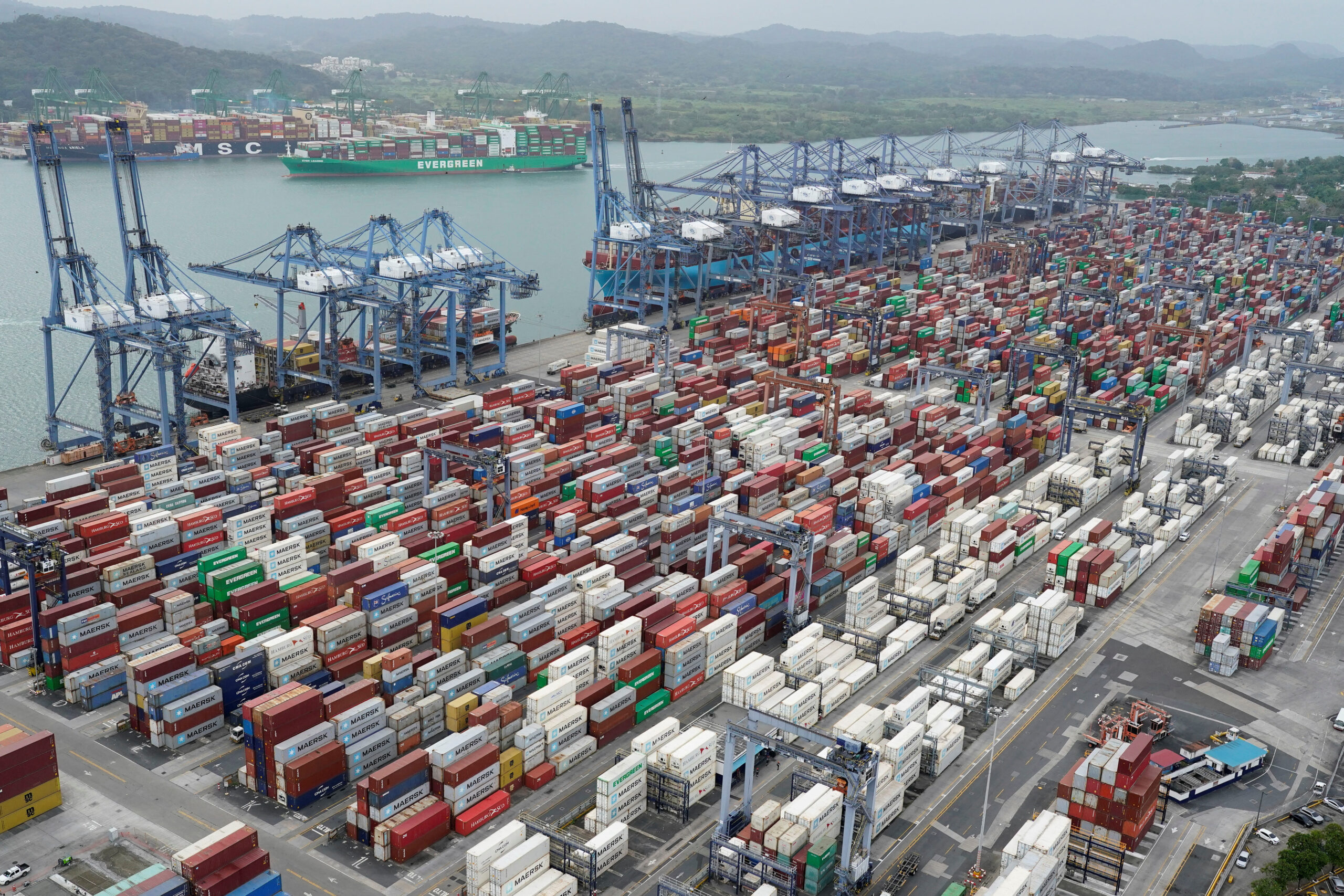Photo: IMO
The global shipping industry is targeting a 50% reduction in carbon dioxide emissions by 2050.
The new target was set forth by the International Chamber of Shipping, representing the global shipping industry, along with some key messages to government negotiators explaining the progress the industry is making to reduce its carbon footprint ahead of the COP21 United Nations Climate Change Conference in Paris in December.
According to ICS, the global industry is already delivering carbon neutral growth having reduced total CO2 emissions by more than 10% since 2007, despite an increase in maritime trade. CO2 emissions from international shipping now represent just 2.2% of the world’s total CO2 emissions compared to 2.8% in 2007, according to a UN IMO Green House Gas Study released in 2014.
“These are genuine reductions through fuel efficiency, without the need for complex virtual measures such as carbon offsets,” said ICS Secretary General, Peter Hinchliffe.
“With bigger ships, better engines and smarter speed management, the industry is confident of a 50% CO2 reduction by 2050 when the entire world fleet will comprise super fuel-efficient ships, many using clean fuels such as LNG.”
But in the run-up to the Paris Conference, the ICS says that the shipping industry recognizes that governments expect more.
The International Maritime Organization (IMO) has already set a mandatory target that all ships built after 2025, including those in developing nations, must be 30% more efficient than ships built in the 2000s.
The ICS says that IMO is the only place that can ensure that the entire world fleet will continue to deliver further CO2 reductions, regardless of a ship’s flag.
ICS also stresses that the 10% CO2 reduction achieved since 2007 is across the shipping sector globally, not just ships registered in richer countries which are the only nations required to make commitments for land-based CO2 reductions under the current Kyoto Protocol on climate change.
“The entire world fleet is about 20% more efficient than in 2005. With the support of the shipping industry, IMO has already achieved a great deal and is the only forum that can deliver further significant CO2 reductions from international shipping,” said Peter Hinchliffe.
The ICS says that the 50% reduction in CO2 target by 2050 will be achieved through operational measures (such as optimized speed), the application of new technologies and the use clean fuels such as LNG.
A new ICS fact sheet ‘Delivering CO2 Emission Reductions: Shipping is Part of the Solution’ can be downloaded at www.ics-shipping.org/docs/shipsandco2-cop21.

 Join The Club
Join The Club











